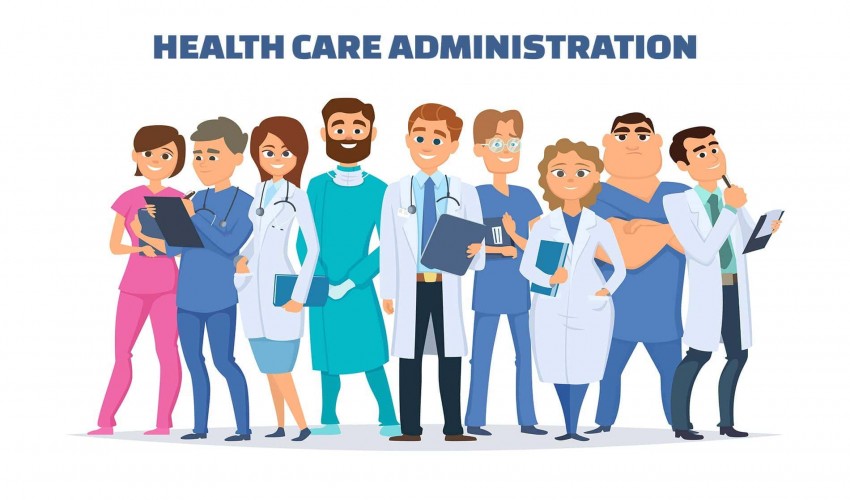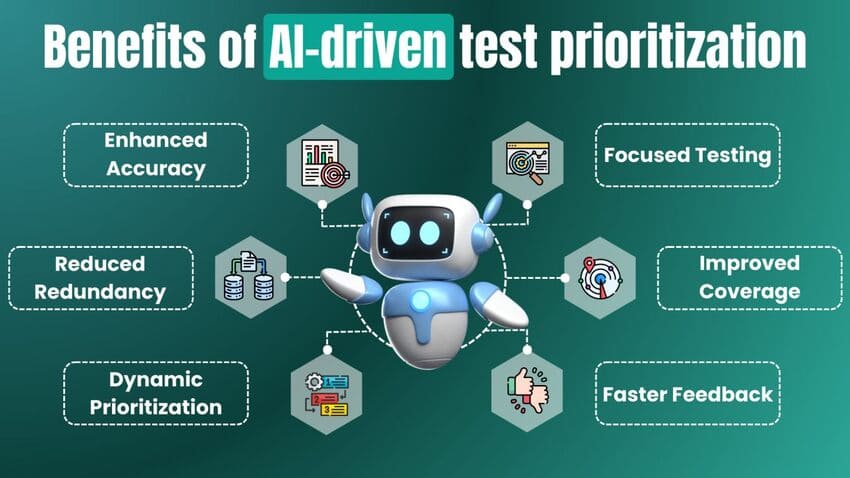
Health Administration
Health administration professionals work to administer, lead
and manage healthcare systems, such as hospitals, hospital networks or large
healthcare systems. These dedicated individuals work closely with other
healthcare professionals to ensure that patients receive the best possible
care.
Public health professionals focus on the health of
individuals, families and communities. They do this by analyzing and developing
healthcare programs with the goal of reaching as many people as possible.
Health administration professionals work to administer, lead and manage
healthcare systems, such as hospitals, hospital networks or large healthcare
systems. These dedicated individuals work closely with other healthcare
professionals to ensure that patients receive the best possible care. They also
administer programs that teach healthy lifestyle habits and prevention of
disease and illness, in the hopes of promoting a healthier overall community.
Health administrators are responsible for ensuring the
smooth operation of a hospital, hospital system or healthcare organization
A health administrator might work for an enormous health
company or hospital system, overseeing several facilities at once. Or they
might work on a smaller scale, such as managing a group of medical practices, a
particular department in a hospital system, or a single medical practice.
healthcare administration is the field relating to
leadership, management, and administration of public health systems, health
care systems, hospitals, and hospital networks.
As leaders in a dynamic and interdisciplinary field that
combines health policy, business, and science to manage fiscal and human
resources, healthcare administrators strive to improve the business of
healthcare; an endeavor that always starts with sound policy and top quality
patient care.
Healthcare administrators – also known as healthcare
executives or medical services managers – are responsible for planning,
directing, and coordinating health services. Unlike most employed within the
healthcare industries, healthcare administrators typically do not work directly
with the care of patients.
Being a Health Administrator. The day-to-day work of a
health administrator varies by the organization for which they work, but the
essential core of the job remains the same: Health administrators are
responsible for ensuring the smooth operation of a hospital, hospital system or
healthcare organization.
Health administration is the practice of managing, leading,
overseeing, and administering the operation of dynamic, complex health care
entities including hospitals, long-term care facilities, health care systems,
nursing homes, pharmacies, and health insurance providers.
Health administrators are the operational leaders who guide
health care organizations through growth and change.
Health administration is the business management side of a
medical organization, and the department's ultimate goal is to ensure that
clients are provided the best quality of service in the most cost-efficient
way. With a health administrator at its helm, it is typically composed of two
functional areas: the clinical side, which refers to the health care
professionals and their practice, and the non-clinical side, which involves all
other personnel. Doctors’ clinics, hospitals, and chemical rehabilitation
centers all require health administration specialists to regulate the types of
services provided by the institution.
The scenario of health administration is much more streamlined in a doctor's clinic where the practicing physicians are the actual owners, because they often take charge of the clinical supervision without further assistance. This allows the health care administrator to personally attend to the day-to-day operations, such as patient concerns, manpower, training, and numerous duties in public relations. The only tasks that usually get delegated are ones that require a great deal of time, such as bookkeeping, health insurance claims, records maintenance, and the procurement of supplies. While the owners look after the clinical area, the health administrator remains responsible for keeping the business sustainable.
- Human Resource Managers
- Social and Community Service Managers
- Training and Development Managers
- Administrative Services Managers
- Medical Practice Manager
- Health Insurance Specialist
- Revenue cycle
- Admissions
- Billing
- budgeting
- and finance
- Case management
- Utilization
- Payer contracting
- Strategic management
- Strategic leadership
- Culture and mission
- Quality assurance
- Performance improvement
- Regulatory oversight
- Patient safety and risk management
- Clinic/practice administrative manager
- Medical and health services manager
- Health information management abstractor
- Patient registrar
- Clinic manager
- Department or division director
- Health services manager
- Hospital administrator
- Medical records manager
- Director of health care quality
- Compliance officer
- Clinical utilization manager
- Chief executive officer
- Chief operations officer
- Clinic director
Recent Published
Submit Manuscript
To give your manuscript the best chance of publication, follow these policies and formatting guidelines.


